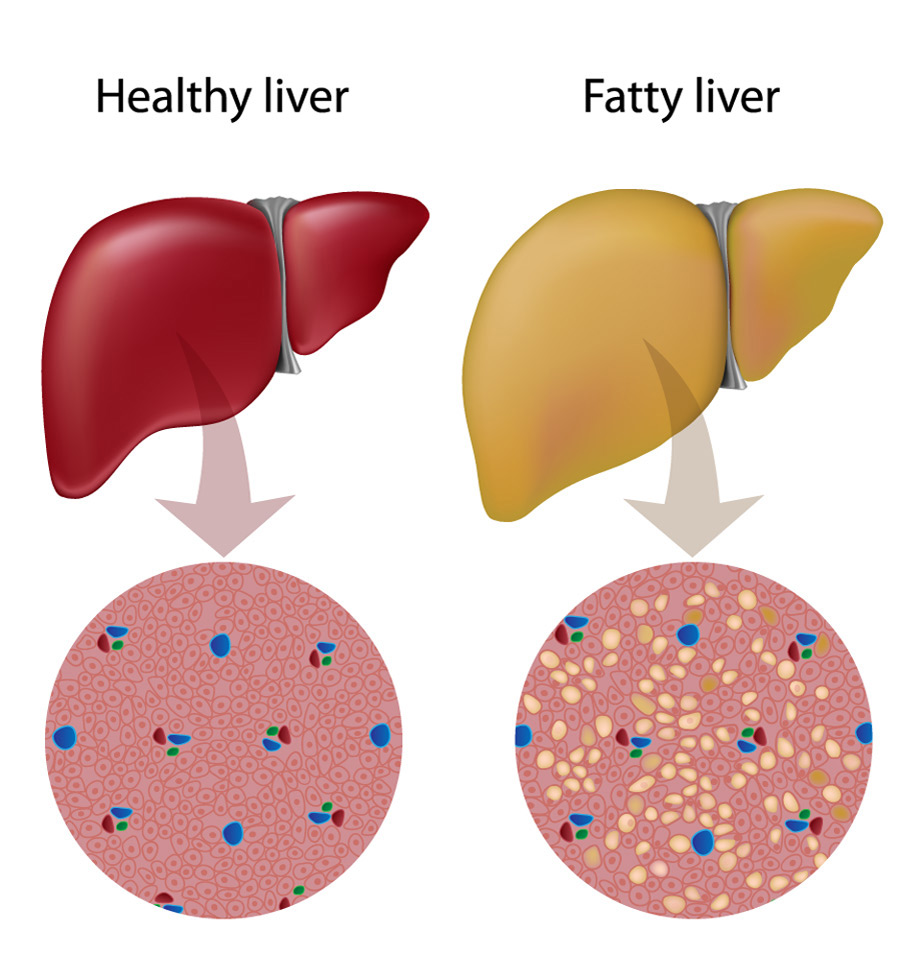Reye's syndrome is a rare but serious condition that primarily affects children, leading to encephalopathy and fatty degeneration of the liver.
Table of Contents
Introduction
Reye's syndrome is a rare but serious condition that primarily affects children, leading to encephalopathy and fatty degeneration of the liver. It posits significant health risks and can become life-threatening if not identified and treated promptly. The condition is often associated with the use of aspirin during viral illnesses, which is why medical guidelines strongly advise against administering this medication to children under the age of 16. This article will delve into Reye's syndrome, its symptoms, causes, risk factors, and importance of prevention, providing a comprehensive overview of this crucial public health topic.
What is Reye’s Syndrome?
Reye's syndrome is characterized by two main pathological features:
1. Encephalopathy: This condition involves progressive brain dysfunction, which can result in severe neurological complications.
2. Fatty Degeneration of the Liver: In this aspect, the liver cells exhibit excessive accumulation of fat, which can impair liver function and lead to further metabolic issues.
These combined symptoms typically occur following a viral infection, making it of particular concern in pediatric medicine.
Symptoms of Reye’s Syndrome
The onset of Reye's syndrome frequently occurs after a viral infection such as influenza or chickenpox. Symptoms can develop rapidly, often manifesting approximately a week after the initial illness. Common symptoms include:
1. Persistent vomiting
2. Unusual lethargy or drowsiness
3. Irritability or behavioral changes
4. Confusion or disorientation
5. Seizures
6. Loss of consciousness
Due to the rapid progression of symptoms, it is essential for parents and caregivers to seek immediate medical attention if these signs appear following a viral infection in a child.
Causes of Reye’s Syndrome
The precise cause of Reye's syndrome remains uncertain, but several factors have been identified that contribute to its development. These include:
1. Aspirin Use: The correlation between aspirin consumption during viral illness and the onset of Reye's syndrome is one of the most significant findings. Aspirin, particularly when given to children recovering from viral infections, seems to play a role in triggering the syndrome.
2. Viral Infections: Specific viral illnesses, notably influenza and varicella (chickenpox), are commonly associated with Reye's syndrome. The interplay between these infections and certain medications can increase the risk.
3. Genetic Factors: Some children may have a genetic predisposition that makes them more vulnerable to developing Reye's syndrome when exposed to aspirin or specific viral infections.
Understanding the Risks
The risk of Reye's syndrome is particularly high in the following scenarios:
1. Children recovering from viral infections: Especially those diagnosed with the flu or chickenpox.
2. Use of aspirin during viral illnesses: Specifically in children below 16 years.
3. Underlying metabolic disorders: Such as mitochondrial disorders, can predispose a child to the syndrome.
Prevention and Guidelines
Given the potential for Reye's syndrome to be life-threatening, preventive measures are critical. The U.S. Centers for Disease Control and Prevention (CDC) and the American Academy of Pediatrics (AAP) recommend the following precautions:
1. Avoid Aspirin: Never give aspirin or products containing aspirin to children or teenagers recovering from viral infections without consulting a healthcare professional.
2. Education: Informing parents and caregivers about the risks associated with aspirin and its links to Reye's syndrome.
3. Vaccination: Encouraging vaccination against the flu and chickenpox can help prevent the viral infections that are commonly associated with Reye's syndrome.
Importance of Early Detection
Early recognition of Reye's syndrome is imperative for improving patient outcomes. Clinicians are advised to be vigilant when diagnosing children with sudden onset of vomiting and lethargy after a viral illness. Immediate hospitalization and supportive care are essential to manage complications such as cerebral edema and liver failure, which can develop rapidly.
Conclusion
Reye's syndrome remains a serious concern within pediatric medicine, emphasizing the importance of awareness among healthcare providers, parents, and caregivers. By understanding the symptoms, causes, and preventive measures associated with this condition, we can significantly reduce the risk of its occurrence. It is crucial to hold fast to the guidelines established, particularly the avoidance of aspirin in children under the age of 16 during viral infections. Through education and prompt medical intervention, we can protect vulnerable populations and improve health outcomes for children at risk of Reye's syndrome.
Tags
syndromes


